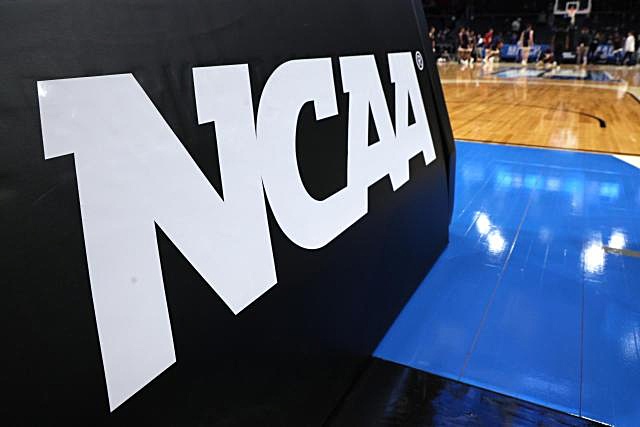A federal judge in California has rejected a critical part of a proposed $2.8 billion settlement in an antitrust lawsuit against the NCAA and the five major athletic conferences in the country. Judge Claudia Wilken expressed concerns during a preliminary hearing about a provision in the agreement that would limit payments to college athletes from booster-funded organizations in schools that provide financial support and resources. These boosters currently have the ability to provide names, images, and likenesses to athletes, essentially serving as salaries.
The settlement, while aiming to allocate billions of dollars to current and former NCAA athletes, raised concerns for Judge Wilken as she worried that certain athletes may end up receiving less money. Consequently, she declined to grant preliminary approval to the antitrust settlement and instructed the negotiating attorneys to go back to the drawing board. The NCAA and plaintiffs are required to propose alternate solutions within three weeks.
Judge Wilken has not yet scheduled another hearing or specified when she will make a ruling on the settlement. In 2021, the NCAA lifted its ban on athletes earning money through endorsement and sponsorship deals. As part of this proposed agreement, the conferences have also agreed to a revenue-sharing plan, which would allocate approximately $21 million per year to athletes for the use of their names, images, and likenesses starting in the fall semester of 2025, subject to the final approval of the settlement.
Furthermore, the deal introduces certain restrictions, including a cap on revenue sharing and an approval process for name, image, and likeness deals exceeding $600. In return, the NCAA would gain the authority to enforce rules prohibiting third-party pay-for-play and the use of payments as recruiting inducements, with the aim of leveling the playing field among schools. The settlement would establish outside arbitrators as the ultimate arbiters in cases of alleged rule violations, shifting this responsibility away from the NCAA.
During the hearing, Judge Wilken also voiced concerns that the agreement might impact future college athletes, given its ten-year duration. She drew a comparison between the revenue-sharing model and pay-for-play, although NCAA attorneys emphasized that the settlement explicitly forbids pay-for-play. Following the hearing, the NCAA released a statement indicating that it, along with the conferences, will carefully consider the court’s questions, which are customary in the context of class-action settlements.
The Epoch Times reached out to the NCAA for additional comments but did not receive a response at the time of publication.
Discover more from Tension News
Subscribe to get the latest posts sent to your email.

